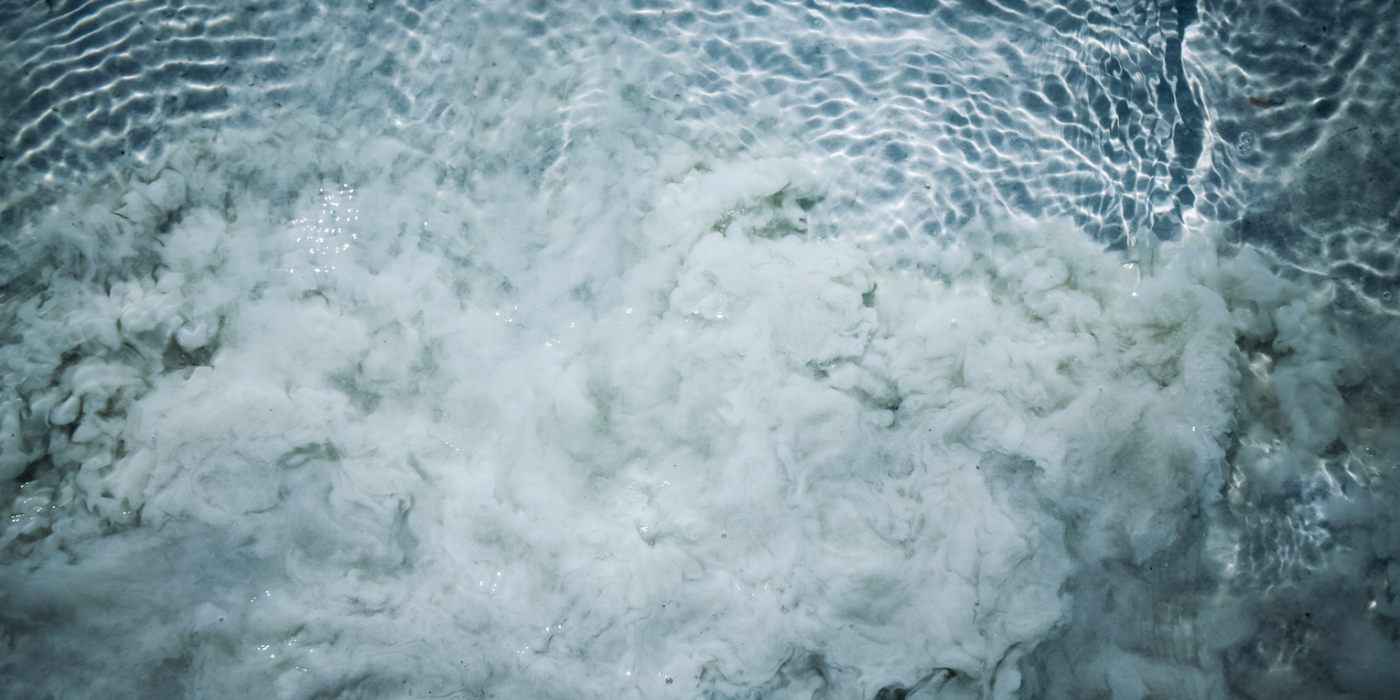Water at Risk keynote speaker, Sarah Gillman from EurEau and Scottish Water says science has an important role in solving the global waste-water problem. We are no longer simply trying to keep waste water out of where we live. Instead, we want to use it as a resource and recover nutrients, energy and clean water for re-use. Waste water has enormous potential in circular economy.WASTE WATER IS NOT A CLOSED CASE IN DEVELOPED COUNTRIES
Despite all the technology and understanding we now have, sanitation still ranks as one of the most urgent problems globally – and not only in the developing world. “The developed world still struggles with the simple problem of taking water away from where it is not needed and returning it to the environment in a safe form and in the right place”, says
Sarah Gillman from EurEau and Scottish Water. Gillman led work on sustainable urban drainage in Scotland in 1990s when the problems of urban pollution were emerging and new solutions were required. The increasing urbanisation and the changing climate with its changing and unpredictable weather patterns put pressure on the drainage system. “Especially with severe storms that often occur back to back, the collection system of conduits and sewers cannot always cope. This can result in the kind of serious flooding incidents we have seen in many locations across Europe, for instance in Copenhagen”.
WASTE-WATER SECTOR HAS A LOT TO OFFER FOR CIRCULAR ECONOMY
Gillman has been part of the development of the waste-water sector every step of the way. The 1991 EU Urban Waste-Water Treatment Directive marked the beginning of a whole new industry and now, there is a huge collective of public and private-sector operators across Europe. With the increasing emphasis on sustainability, what started as a quest to drain waste water away from cities became a drive to protect the environment. The Urban Waste-Water Treatment Directive has resulted in high levels of compliance across Europe after 25 years of investment. But this is not the end of the story. Collection and treatment of waste water has become energy intensive and collection of waste water aggregates many resources (nutrients, the treated waste water, energy & heat stored in the systems). This has made scientists and engineers across the Europe realize that waste water has further opportunities to offer. “The waste-water field has so much to offer to circular economy! From this waste-water resource, we can recover clean water and energy and bring vital nutrients back to use. By smart design, we can save energy and lower the costs of waste-water treatment later – there are many opportunities. But we need science, technology, and the public and private operators to work together to bring all the potential value of waste water back today and in the future”, Gillman says.
WHAT CAN SMALL COUNTRIES DO TO HELP?
Small countries can work locally and globally. In both cases, working towards policy coherence is crucial. “Waste water provision cuts across so many aspects of our lives. We need system resilience to changing weather patterns and to protect human health; and for the circular economy we need new and bold approaches to engineering and service provision. In this sense, incoherent policy is a major risk.” Internationally, some small countries have a good track record in helping in the formation of international water conventions. And of course, developing cutting-edge technology and taking it to problem areas is always useful. Locally, it is a question of becoming more sustainable and circular in our own back yards. “In Scotland, we have a number of sustainable rural community projects where we explore circular economy and recover resources from waste water – it is early days. Some rural areas are very fragile and we are now starting to consider different business models that could enhance rural life and sustain rural communities.” Small countries can also enhance important collaboration among the public sector, industry, research, and citizens. The Water at Risk –conference is a good example of this. “It is absolutely vital to have the waste-water operators as part of the equation. They have more than 25 years of experience in achieving compliance. Today, waste-water operators need to look further than to public health and extend their remit to circular economy.“ There are also new kinds of issues that we do not understand very well yet. Emerging pollutants are one example. “Micro plastics started as a problem observed by scientists in the oceans, but it can be tracked to multiple sources on land, including the clothes that we wear. It is not only a question of the many ways water is connected to our lives: it is also a question of the many ways our lives are connected to water. Even our clothes play a role!”
More articles

Water at Risk keynote speaker, Sarah Gillman from EurEau and Scottish Water says science has an important role in solving…
Read the full post » 
In order to have a responsible clothing industry we need to change the way we produce, wear and consume clothes,…
Read the full post » 
Water at Risk Chair, Dr. Suvi Sojamo discusses the meaning of water security to business, managing water related risks and…
Read the full post » 
Water plays an increasingly big part in global conflicts and continues to do so in the future. Researcher Olli Varis…
Read the full post » 
Every tenth people in the world have have no direct access to water, and half of the world’s hospital capacity…
Read the full post » 
Maaliskuun alussa Punavuoreen Nesslingin Säätiön tiloihin avautuu 200 neliömetriä ilmaista ja kaunista työtilaa tutkijoille, jotka ratkovat ympäristöhaasteita. Kuulostaako liian hyvältä…
Read the full post » 
Suomalainen ympäristötutkimus saa maaliskuussa uuden pesäpaikan, kun Punavuoreen paraatipaikalle aukeaa Nesslingin Säätiön uusi maksuton työtila ympäristötutkijoille. Tutkijatila kulkee työnimellä Nessling Nest…
Read the full post » 
My takeaways from the Singularity University by Maria Ritola. Six months ago I landed at Nasa Ames Research Park to…
Read the full post » 








